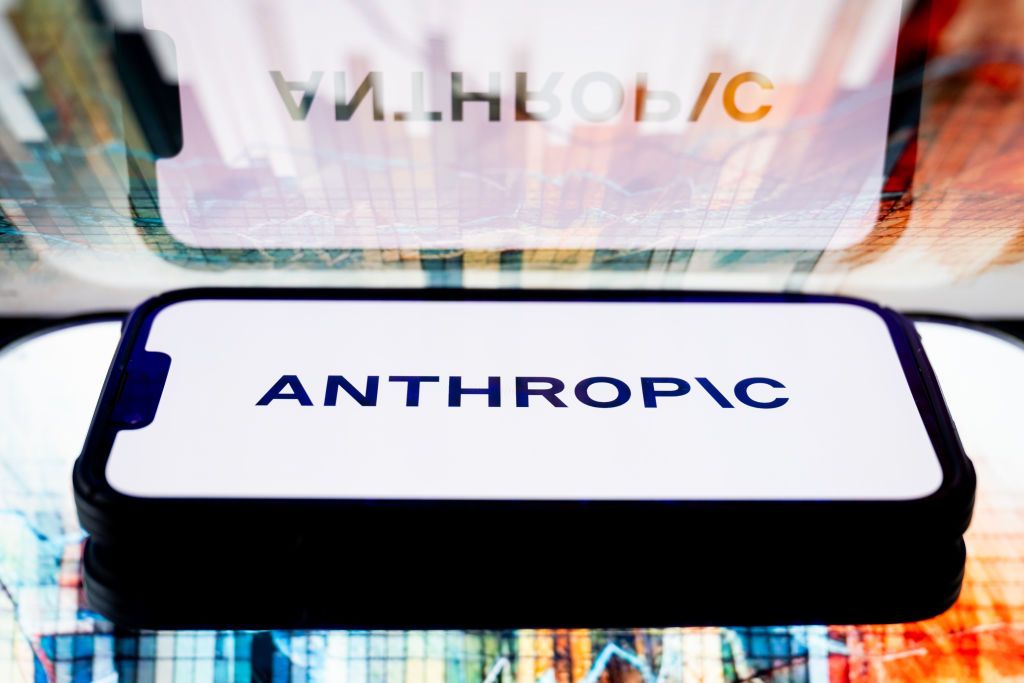Unpacking AI Agents
…

Unpacking AI Agents
Artificial Intelligence (AI) agents are autonomous entities that can perceive their environment, make decisions, and take actions to achieve specific goals. These agents are powered by algorithms and data to simulate human intelligence in performing tasks.
There are several types of AI agents, including reactive agents that respond to immediate stimuli, deliberative agents that can plan and reason about their actions, and collaborative agents that work together with other agents to achieve a common goal.
AI agents are used in various industries, such as healthcare, finance, transportation, and more, to automate processes, improve efficiency, and make predictions based on data analysis.
Machine learning algorithms, neural networks, and deep learning techniques are often used to train AI agents to recognize patterns, make decisions, and adapt to changing environments.
AI agents can be designed to operate in a deterministic or stochastic environment, depending on the level of uncertainty and randomness present in the tasks they are required to perform.
Researchers are continually exploring new ways to enhance the capabilities of AI agents, such as improving their ability to interpret natural language, understand emotions, and engage in more sophisticated interactions with humans.
As AI technology continues to advance, the ethical implications of AI agents are also being closely examined, including issues related to bias, privacy, transparency, and accountability.
Overall, unpacking AI agents involves understanding their inner workings, capabilities, limitations, and potential impact on society as they become more integrated into our daily lives.
By studying and developing AI agents responsibly, we can harness the power of artificial intelligence to benefit humanity and create a more prosperous future for all.




